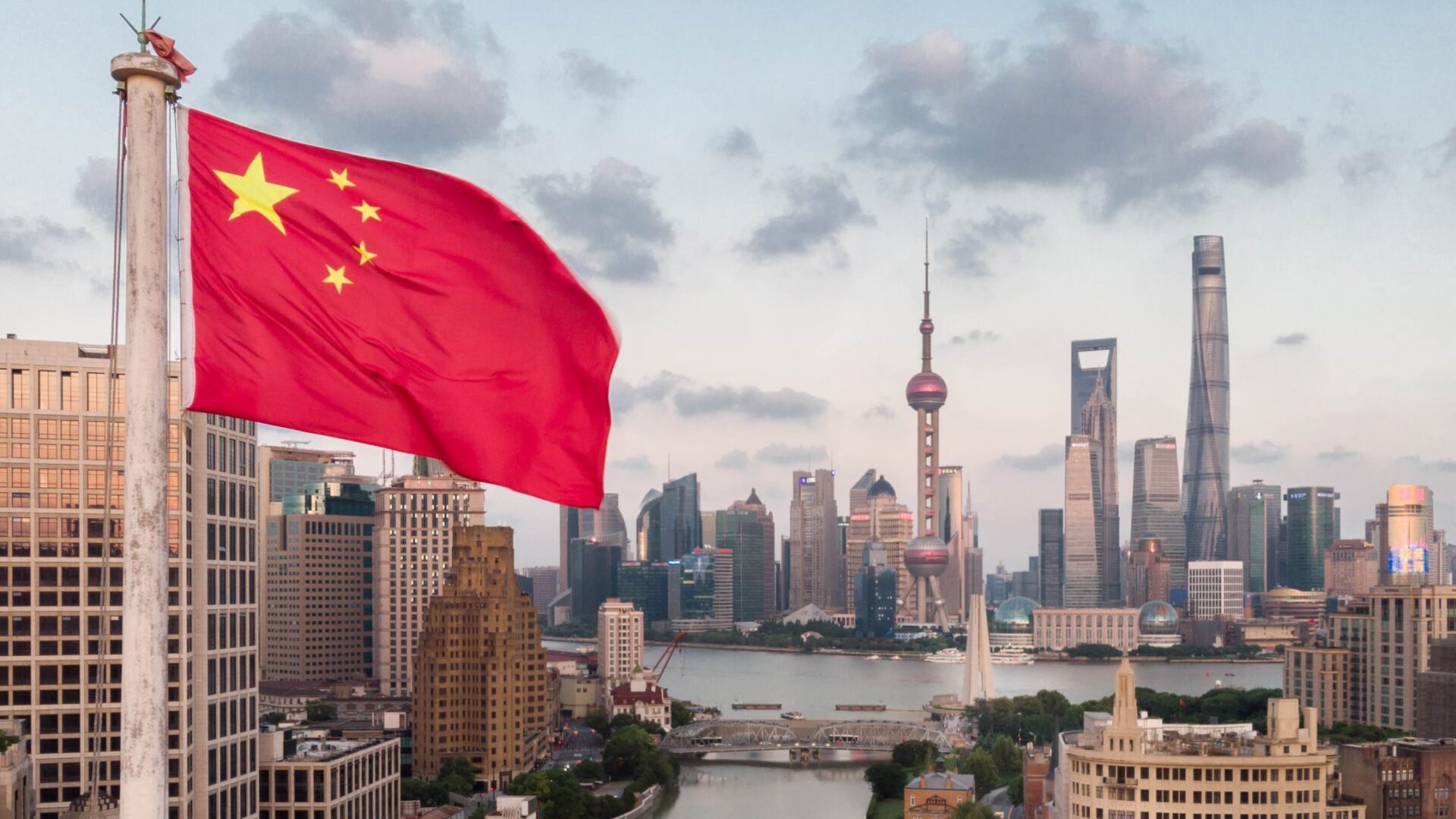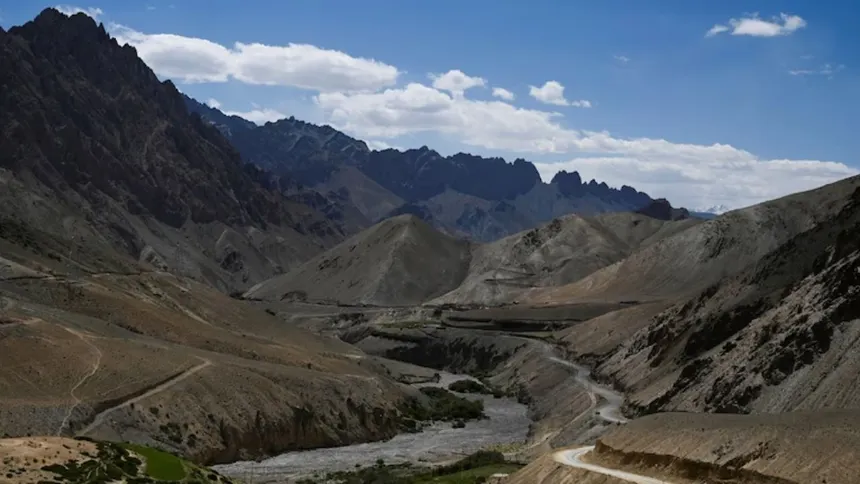China’s Authoitarian Shift : Ccp’s Orwellian ‘grid Management” Raises Concerns
In a concerning move, the Chinese government, led by the Chinese Communist Party (CCP), is pushing forward with plans to overhaul local law enforcement by replacing traditional police stations with a “grid management” system. This Orwellian initiative involves dividing neighborhoods into a grid pattern, with each grid monitored by volunteers and quasi-law enforcement figures, giving authorities unprecedented control over residents’ lives.
The shift was initiated by a directive from the Public Security Ministry in March, emphasizing the integration of police stations into “grassroots social governance” through partnerships with local vigilante groups and CCP officials. State media reports indicate that police stations are now laying off auxiliary officers and merging with local militias, marking a significant outsourcing of law enforcement responsibilities to neighborhood officials.
The grid management system involves dividing neighborhoods into grids of 15-20 households, assigning a monitor to each grid responsible for reporting residents’ affairs to neighborhood committees. This move allows local officials to wield law enforcement powers, recruiting “grid officers” who surveil and gather information about residents in their assigned areas.
The purported reasons behind this shift include cost-cutting measures for cash-strapped local governments and a move toward “stability maintenance” — a system characterized by coercion and surveillance aimed at preventing acts of defiance against the ruling CCP. Critics argue that the measures under the guise of stability maintenance are becoming increasingly draconian, tightening the government’s grip on its citizens.
Notably, the CCP has a history of mobilizing local residents, colloquially known as “red armbands” or “Chaoyang aunties,” during major events and political meetings. However, the current policing plan seeks to institutionalize and make permanent such mobilization, granting local officials law enforcement powers and recruiting grid officers for constant surveillance.
The closures and mergers of police stations in provinces like Guangdong and Shandong indicate a broader implementation of the CCP’s March “action plan” on policing. This plan advocates for the expansion of “red mass prevention and enforcement” forces and local partnerships with vigilante groups, echoing the rhetoric of CCP leader Xi Jinping’s calls for a “Fengqiao experience.”
The “Fengqiao experience” refers to the mass mobilization of citizens during the 1966-1976 Cultural Revolution, emphasizing class struggle and citizen policing. The recent official blessing from Xi on the 60th anniversary of the “Fengqiao experience” further solidifies the CCP’s commitment to grassroots social governance and control.
Critics argue that the grid management system is reminiscent of the board game Go, where the government expands the scope of surveillance activities, surrounding residents piece by piece. This comprehensive surveillance, coupled with the crackdown on auxiliary police officers, raises concerns about the erosion of individual freedoms and the establishment of a pervasive surveillance state.
The merging of police stations and the layoff of auxiliary officers indicate a restructuring of law enforcement, leaving only government-employed police officers in stations. This move, purportedly to cut costs, may centralize power and control in the hands of fewer individuals, diminishing community-oriented policing efforts.
The CCP’s emphasis on “struggle” and viewing citizens as potential enemies is a cause for alarm. Critics argue that the expansion of controls into society at large, reminiscent of the Mao era’s class struggles, reflects an authoritarian approach to maintaining internal stability. The recent call for a “people’s war to safeguard national security” further emphasizes the party’s determination to tighten its grip on power.
Independent political scholar Chen Daoyin said there is a key difference between Xi and Mao, however. Where Mao sought to stir up the masses and mobilize them in his name, Xi wants to shut them down.
“Xi Jinping wants to control everything through various means, including digitally, in ways that are already very technologically developed,” Chen said, citing the proliferation of government and police tip-off hotlines to encourage people to inform on each other.
“Xi Jinping doesn’t want to mobilize people: he wants to calm them down and control them, as if they were in prison,” he said. As China moves toward a more intrusive and omnipresent form of social control, international observers are left to question the implications for individual freedoms and human rights. The grid management system, touted as a means to maintain stability, appears to be a thinly veiled effort by the CCP to suppress dissent, monitor citizens, and establish a pervasive surveillance apparatus, reminiscent of dystopian visions seen in literature and film. The international community must closely monitor these developments, raising concerns about the erosion of individual liberties and the rise of a surveillance state under the guise of stability maintenance.













